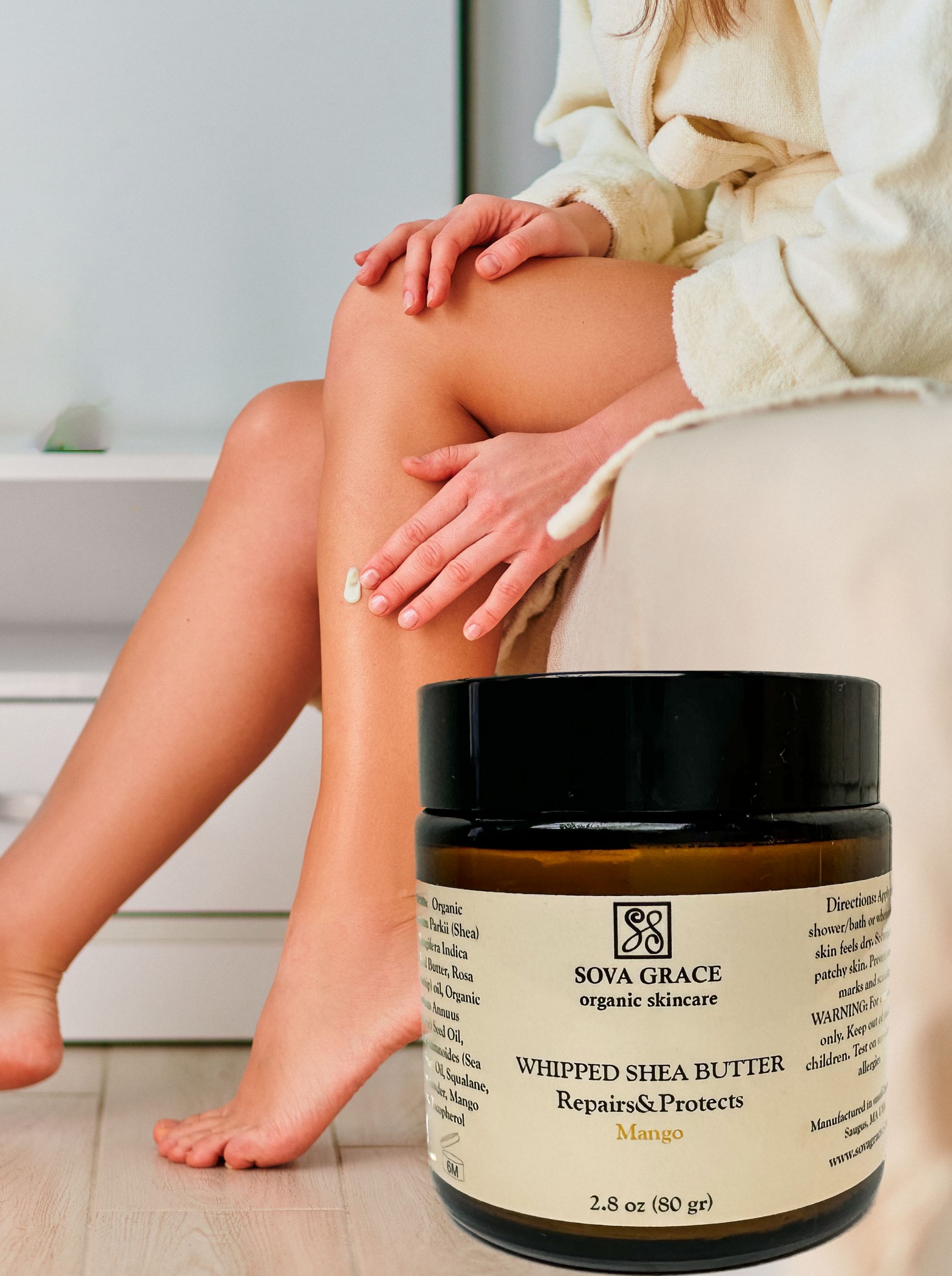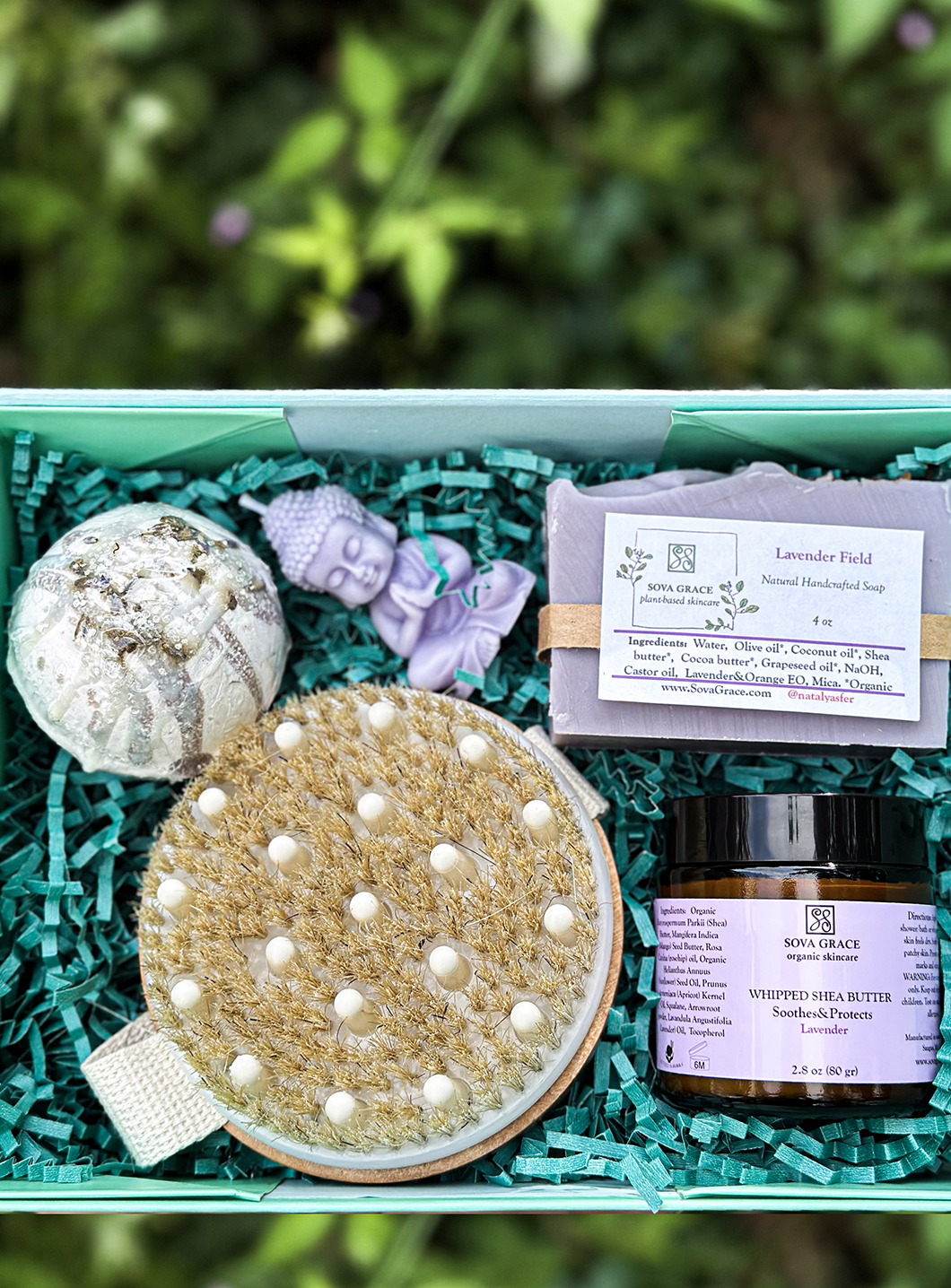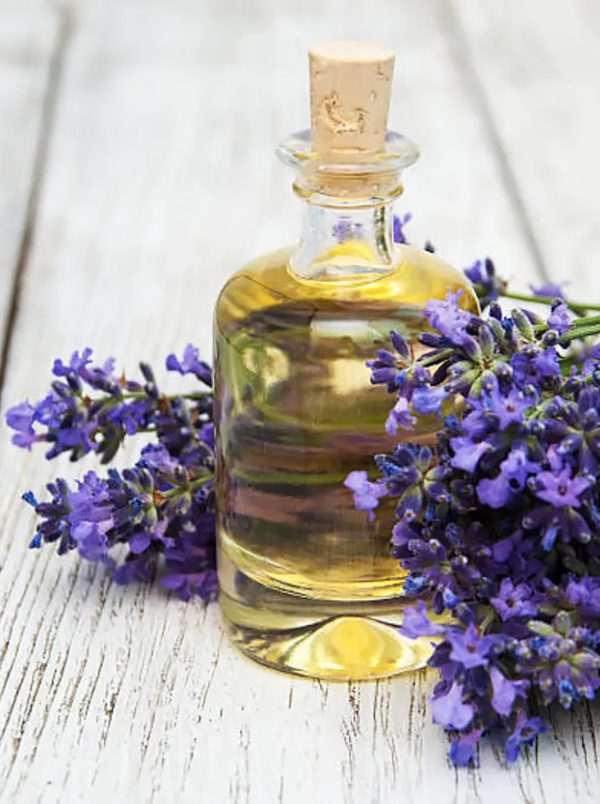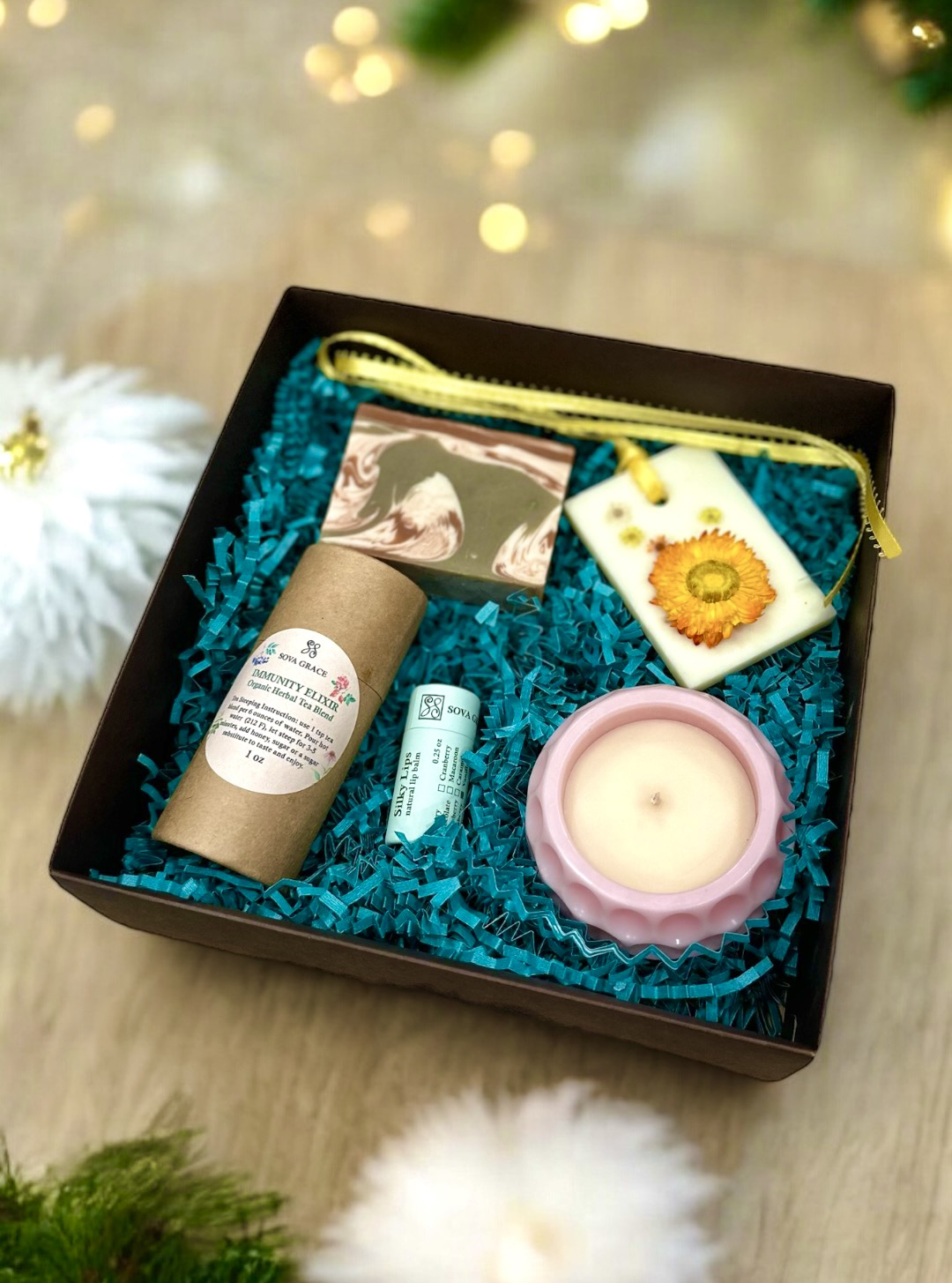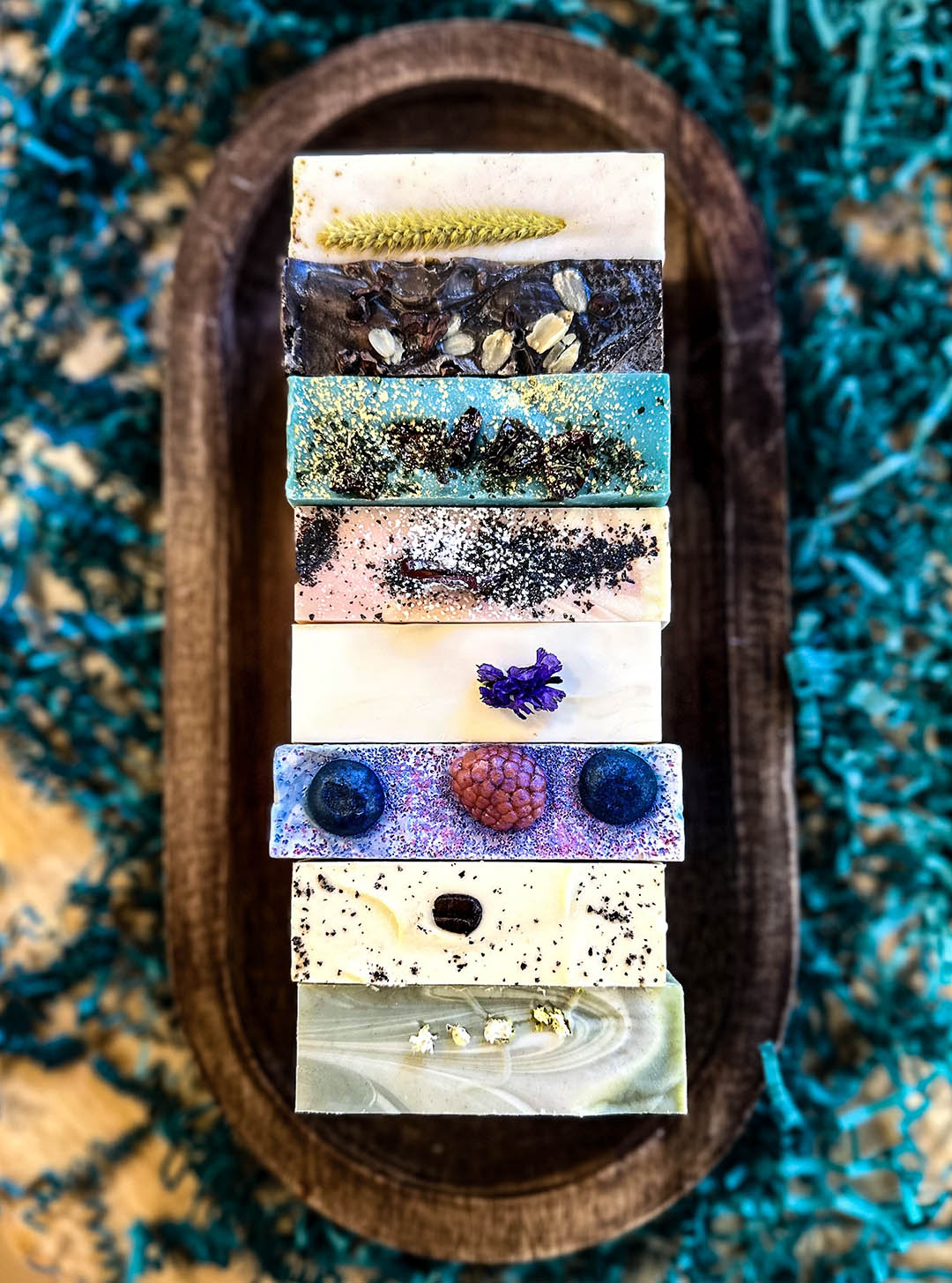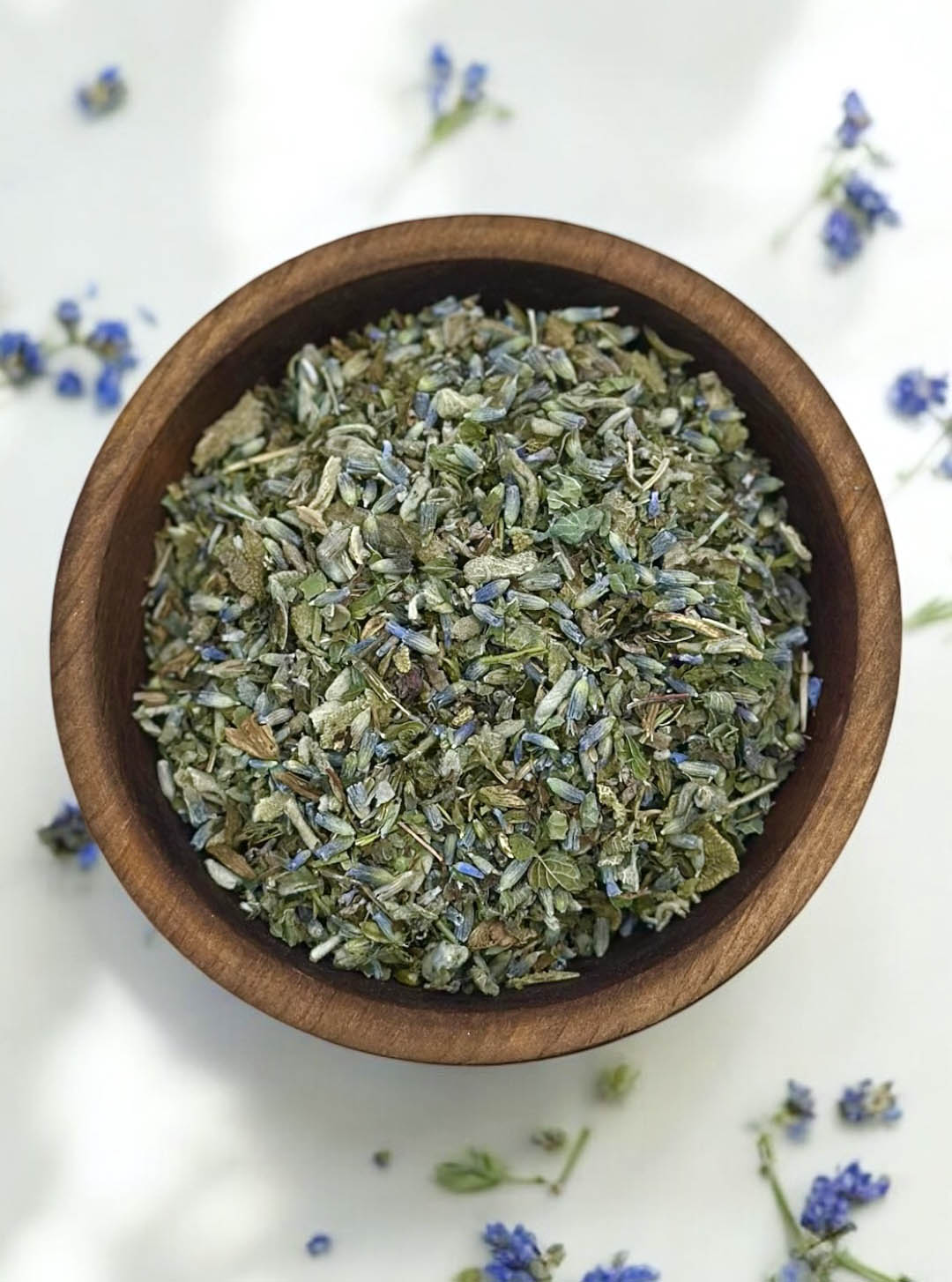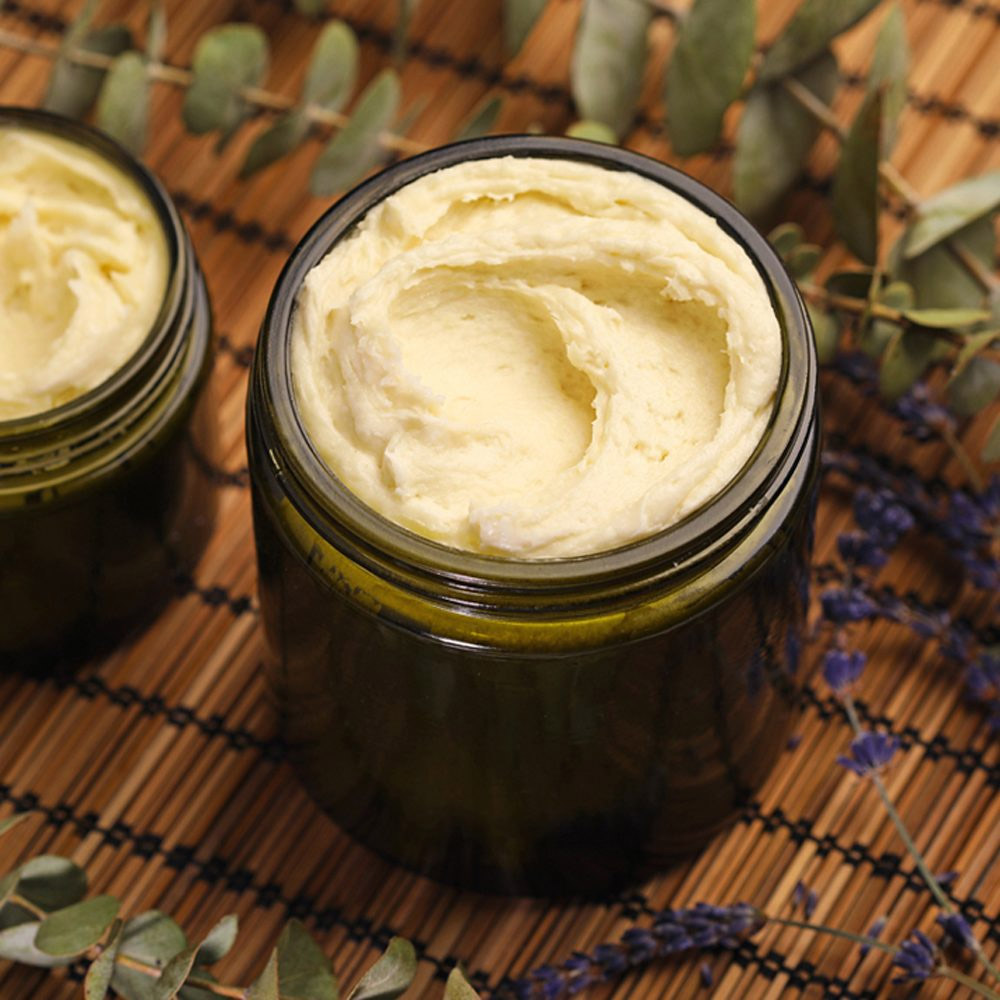Anti-aging skincare has become increasingly popular in recent years as people have become more aware of the impact that environmental factors, such as sun exposure and pollution, can have on the skin.
Sunscreen is an essential component of any anti-aging skincare routine, as it can help to reduce the appearance of wrinkles and fine lines caused by sun damage.
The sun’s ultraviolet (UV) rays can penetrate the skin and damage the collagen and elastin fibers that keep the skin firm and elastic, leading to the development of wrinkles and other signs of aging.
By using a broad-spectrum sunscreen with an SPF of 30 or higher every day, you can help to protect your skin from the damaging effects of UV rays and reduce the risk of premature aging. It is important to apply sunscreen liberally to all exposed areas of skin, including the face, neck, and hands, and to reapply every two hours or after swimming or sweating.
-
Product on sale
 Love Organic SoapOriginal price was: $8.00.$5.50Current price is: $5.50.
Love Organic SoapOriginal price was: $8.00.$5.50Current price is: $5.50. -
 Lotus Scented Candle$12.00
Lotus Scented Candle$12.00 -
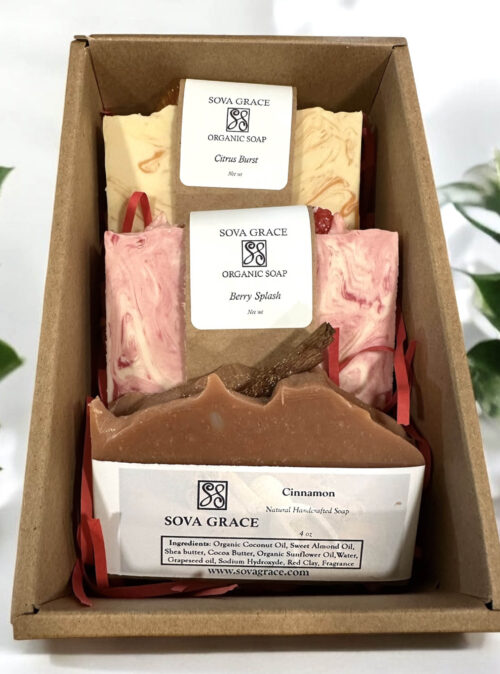 3 pcs Soap Gift Set – Organic Soap$19.99
3 pcs Soap Gift Set – Organic Soap$19.99
In addition to sunscreen, there are other steps you can take to reduce the appearance of wrinkles and promote healthy, youthful-looking skin. These include:
- Eating a nutritious diet rich in antioxidants and other essential nutrients that support skin health.
- Drinking plenty of water to keep the skin hydrated and supple.
- Using skincare products that contain natural ingredients like Vitamin C, which can help to boost collagen production and reduce the appearance of wrinkles.
- Avoiding smoking and excessive alcohol consumption, as these can contribute to premature aging and damage the skin.
- Getting regular exercise and maintaining a healthy weight, as this can help to improve overall skin health and reduce the risk of sagging and wrinkles.
By incorporating these strategies into your skincare routine, along with daily use of a broad-spectrum sunscreen, you can help to reduce the appearance of wrinkles and promote healthy, youthful-looking skin.
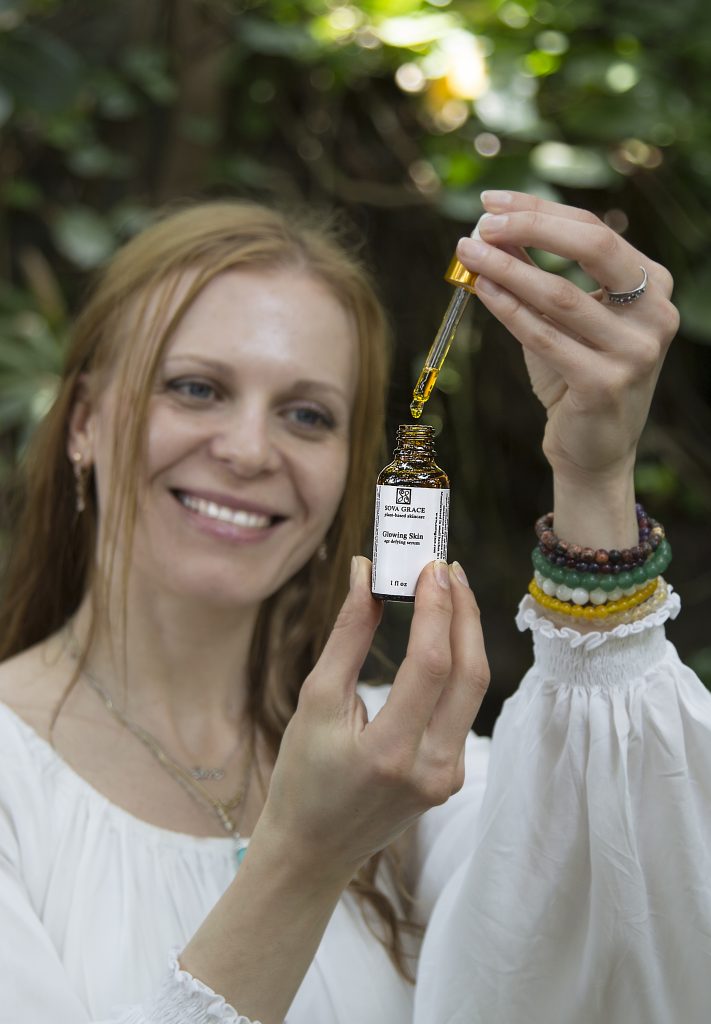
Ingredients:
Camellia oleifera (Camellia) oil, Solanum lycopersicum (Tomato) seed oil, Helianthus annuus (Sunflower) seed oil, Squalane, Persea gratissima (Avocado) oil, Mauritia Flexuosa (Buriti) Oil, Simmondsia Chinensis (Jojojba) seed oil, Rosa canina (Rose Hip) Seed oil, Punica granatum (Pomegranate) oil*, Hippophae Rhamnoides (Sea Buckthorn) Fruit Oil, Oenothera biennis (Evening Primerose) oil, Borago Officinalis (Borage) seed oil, Argania spinosa (Argan) oil*, Moringa oleifera oil, Actinidia Chinensis (Kiwi) seed Oil, Rubus idaeus (Red Raspberry) seed oil, Daucus Carota Sativa (Carrot) seed oil, Gnaphalium Leontopodium (Edelweiss) Flower Extract, Vaccinium Myrtillus (Bilberry) Extract, Saccharum Officinarum (Cane sugar) Extract, Citrus Aurantium Dulcis (Orange fruit) Extract & Citrus Limon (Lemon) Extract, Acer Saccharum (Sugar maple) Extract, Lavandula angustifolia (Lavender) oil, Cananga odorata (Ylang Ylang) oil, Boswellia serrata (Frankincense) oil, Cupressus sempervirens L (Cypress) oil, Cymbopogon martinii var motia (Palmarosa) oil, Citral, Graniol, Linalool, Limonene
Incorporating natural oils into your skincare routine can provide additional nourishment and hydration to the skin while helping to boost the effectiveness of your sunscreen.
Here are a few natural oils that contain some level of sun protection:
- Red Raspberry Seed Oil: This oil has an SPF of approximately 30-50 and contains high levels of antioxidants that help protect the skin from free radical damage.
- Carrot Seed Oil: Carrot seed oil contains carotenoids, which have been shown to help protect the skin from UV damage. While the exact SPF of this oil is not known, it is believed to provide some level of sun protection.
- Coconut Oil: While coconut oil does not contain a significant amount of SPF, it has been shown to help protect the skin from UV damage and reduce the risk of sunburn.
- Shea Butter: Shea butter has a natural SPF of approximately 6 and contains high levels of antioxidants that help protect the skin from free radical damage.
While these oils can provide some level of sun protection, it is important to use them in conjunction with a broad-spectrum sunscreen with an SPF of at least 30 and to reapply every two hours or after swimming or sweating.
